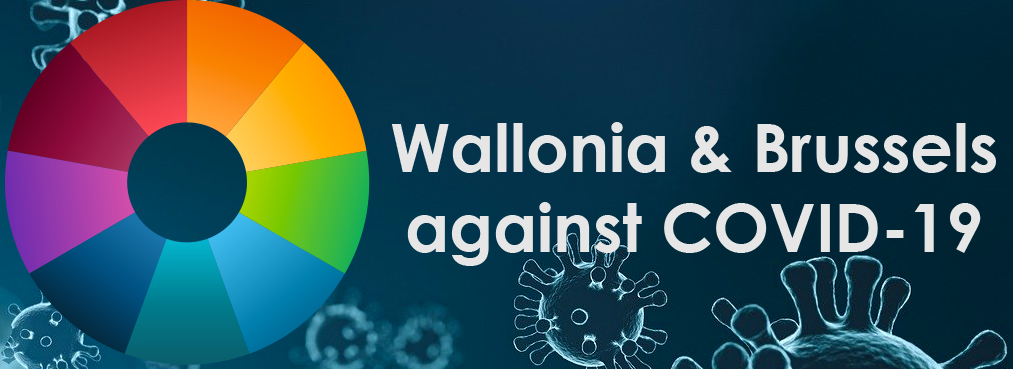Philippe De Doncker, Professor - François Horlin, Professor - Jean-François Determe, Doctor
ULB
" We developed a sensor network system that estimates and forecasts crowd counts in outdoor and indoor areas. The counts and forecasts are available in real-time through a web service. The system allows authorities and owners to manage and control social distancing measures. The system is ready for installation and use. "
Publication References: J-F Determe, U. Singh, F.Horlin, Ph De Doncker, « Forecasting Crowd Counts With Wi-Fi Systems: Univariate, Non-Seasonal Models », IEEE Transactions on Intelligent Transportation Systems, 2020
Contact: Prof. François Horlin (This email address is being protected from spambots. You need JavaScript enabled to view it.) Prof. Philippe De Doncker (This email address is being protected from spambots. You need JavaScript enabled to view it.)


